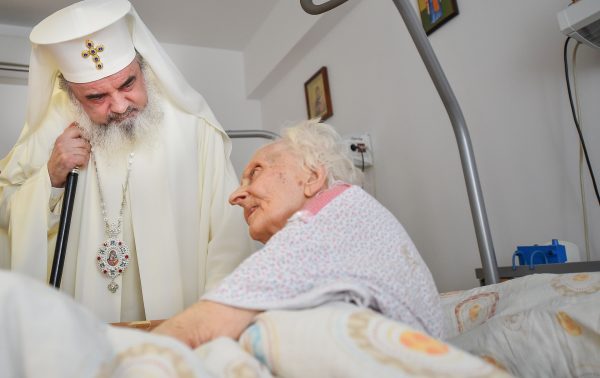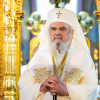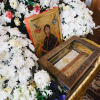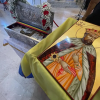In his last Sunday’s sermon, Patriarch Daniel recalled that the first medical institutions, both in Romania and Europe, were established by the Church. His Beatitude highlighted that the palliative care specific to the Church also involves prayer in addition to the medical act.
“The first monastery hospitals (bolnițe), the first hospitals and pharmacies in Romania and, in general, in Orthodox countries were established by the Church.”
“In each of these settlements, prayer was united with medical science – prayer, as help received from God, with the wisdom of those who were called to perform this medical service,” His Beatitude Patriarch Daniel noted at the Chapel of Saint George at the Patriarchal Residence.
“All socio-medical care is of Christian origin. Even in European, Western, secularized states, the Church established the first medical institutions.”
When do we become the hands of Christ’s love?
The Patriarch of Romania said that “the Church has learned the care for the sick from the very life and work of the Saviour Jesus Christ, who is the Physician of bodies and souls.”
“The Lord Jesus Christ is called Saviour in the sense of healer. He is the Redeemer, the One who frees man from a difficult situation, the One who heals man from helplessness and restores the sick man’s health and mobility.”
“So, Christ the Lord, in his name as Saviour, contains the idea of a physician, a healer, a liberator from difficult situations, from helplessness, from suffering.”
Thus, His Beatitude added, “the Church has a special concern always to unite prayer with medical science and to support the sick in the community.”
“By this we Christians, when we have in our souls the merciful love of Christ the healer, the forgiving, then we become the hands of His love.”
“That is why today’s gospel passage urges every Christian to carry in their soul the merciful love of Christ that is acquired through prayer.”
“When we pray for the health of others, when we help those who need help, then we can say that our soul has a truly Christian culture.”
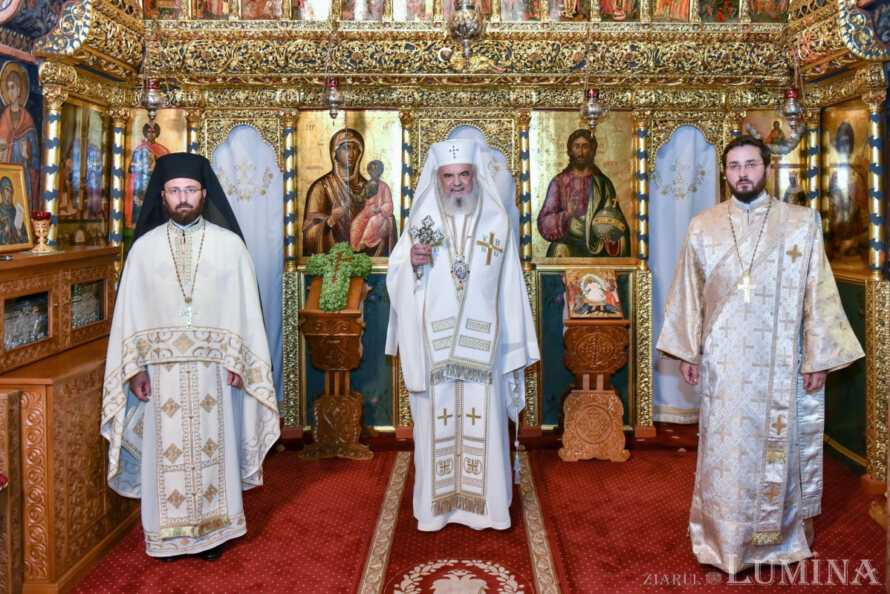
The Holy Cross is a source of merciful love
The Patriarch of Romania also explained why the Holy Cross is taken out for veneration on August 1.
“To show us that the merciful love of Christ is a humble love.”
“He showed humble obedience unto death, accepting death on the cross, and so God raised Him from death and from the dead.”
“So, the Honourable and Holy Cross is a source of merciful love, a source of hope, a source of healing and a source of strengthening in communion.”
Physical illness calls man to seek spiritual health
The faith of the merciful helps the sick, said Patriarch Daniel, highlighting three central teachings from the gospel reading:
“Physical illness calls man to seek the health of the soul and, with it, the healing of the body.”
“Second, we see that the Saviour Jesus Christ first forgives the paralytic’s sins and then heals his paralyzed body.”
“Third, the gospel shows us that those who brought the paralytic to Jesus for healing today represent all the servants of the Church, all the priests and believers who pray and help the sick, and especially all doctors and medical staff who help the sick to recover.”












